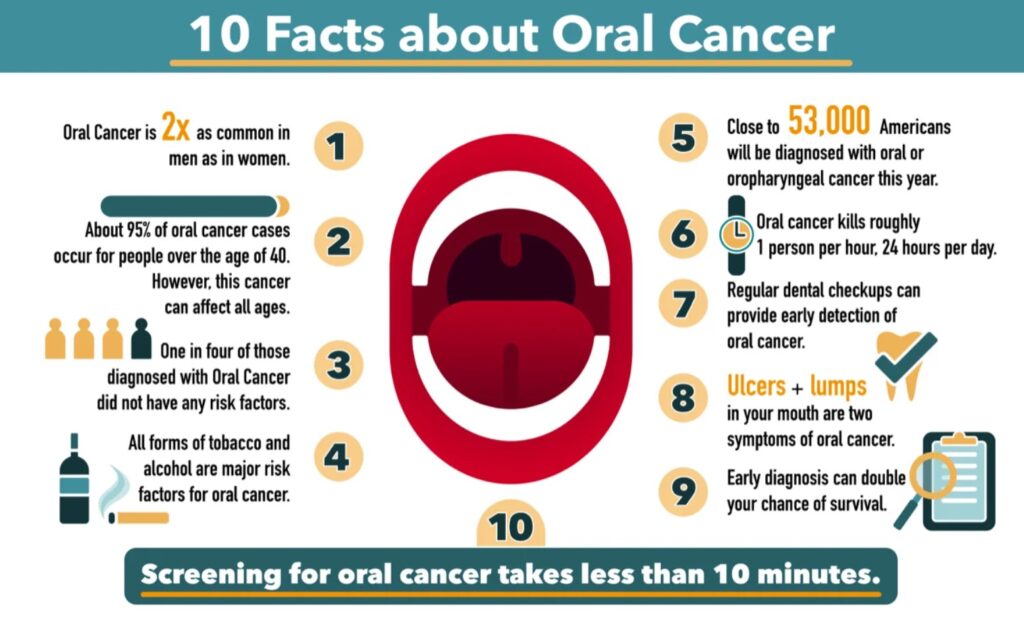
Every April, the dental community comes together to raise awareness for a serious, yet often overlooked, health issue: oral cancer. At GPS Dental, we believe that education and early detection are key to saving lives. Oral cancer claims the life of one person every hour in the United States alone, but when detected early, the survival rate dramatically improves. That’s why your biannual dental visits are so much more important than just keeping your teeth clean; they’re a vital part of your overall health and early disease detection.
Understanding Oral Cancer
Oral cancer can affect the lips, tongue, cheeks, floor of the mouth, hard and soft palate, sinuses, and throat. If not diagnosed and treated early, it can be life-threatening. Common risk factors include tobacco use (including smokeless tobacco), excessive alcohol consumption, prolonged sun exposure (especially for lip cancer), HPV (human papillomavirus) infection, and a family history of cancer.
Early signs of oral cancer might include:
- Persistent mouth sores or ulcers
- Red or white patches in the mouth
- Unexplained bleeding
- Difficulty swallowing or chewing
- Numbness or pain in any area of the face, mouth, or neck
- A lump or thickening of tissues in the mouth
These symptoms might seem minor or easy to ignore, which is why regular dental exams are crucial.
Your Dentist: A Critical Ally in Early Detection
Most people think of a dentist as someone who simply checks for cavities or performs cleanings, but dentists are also highly trained to recognize the early warning signs of oral cancer and other serious conditions. During your regular dental exam at GPS Dental, our team conducts a thorough oral cancer screening.
We carefully examine your:
- Lips
- Gums
- Tongue
- Throat
- The floor and roof of your mouth
- Neck and jaw areas
We look for any abnormalities, lumps, or discoloration. Catching these signs early allows us to guide you toward appropriate diagnostic tests or referrals to specialists when necessary.
Dental Exams: Protecting More Than Your Teeth
Your dental visits every six months aren’t just about keeping your smile bright — they’re an essential part of preventive health care. In addition to oral cancer, dentists can detect signs of other health issues during routine exams, such as:
- Diabetes: Symptoms like gum disease, dry mouth, and fungal infections can indicate undiagnosed diabetes.
- Heart Disease: Inflammation and infections in the mouth can sometimes signal heart disease.
- Osteoporosis: Receding gumlines and bone loss in the jaw can be early indicators.
- Autoimmune Disorders: Conditions like lupus or Crohn’s disease often show initial symptoms in the mouth.
Your mouth is truly a window to your overall health, and your dentist is trained to interpret what they see.
Prevention is Power
There are steps you can take to protect yourself against oral cancer, including:
- Avoiding tobacco products
- Limiting alcohol consumption
- Using lip balm with SPF protection
- Practicing safe sex to reduce HPV risk
- Eating a healthy, balanced diet rich in fruits and vegetables
- Performing regular self-exams at home
But even with the best preventive practices, professional screenings are irreplaceable. That’s why GPS Dental emphasizes the importance of keeping up with your dental exams every six months.
What to Expect During an Oral Cancer Screening
If you’re wondering what happens during an oral cancer screening at GPS Dental, rest assured that it’s quick, painless, and non-invasive. We will:
- Visually inspect your mouth and neck for any unusual patches, lumps, or lesions.
- Gently palpate your neck and jaw to feel for abnormalities.
- Ask about any symptoms you may be experiencing, such as difficulty swallowing or persistent sore spots.
If anything suspicious is found, we may recommend further diagnostic tests or refer you to a specialist for a biopsy.
Early Detection Saves Lives
The statistics are clear: when oral cancer is detected early, the five-year survival rate is approximately 84%. However, because many cases are not discovered until later stages, the overall survival rate is much lower. Regular dental visits give you the best chance for early diagnosis and successful treatment.
At GPS Dental, we’re committed to more than just your smile; we’re committed to your life-long health. Oral cancer screenings are a standard part of your dental exam because we believe in comprehensive care.
Schedule Your Dental Exam Today
April is a great reminder to prioritize your health. If it’s been more than six months since your last dental visit, or if you have noticed any unusual changes in your mouth, don’t wait. Schedule your appointment with GPS Dental today. Your health is worth it!
Stay proactive, stay healthy, and let’s work together to raise awareness about oral cancer this month and beyond.
📢 Call GPS Dental today to schedule your oral cancer screening and dental exam! Your smile — and your health — are our top priorities.
Dr. Gary P. Skrobanek is a dental implant dentist and his experienced, friendly team at GPS Dental offer affordable family dentistry and gentle dental care in the San Antonio, TX area. Our Brooks City Base dentist office is conveniently located and offers early morning appointment times Monday through Friday to meet your needs. At GPS Dental, we provide most dental services, from family and general dentistry to dental implants, sleep apnea, TMJ / TMD Treatment, cosmetic dentistry and much more. We accept most dental insurance plans and offer affordable financial solutions for any budget. Call us at (210) 633-3477 to make an appointment.
#OralCancerAwarenessMonth #GPSDental #EarlyDetection #HealthySmile #OralHealth





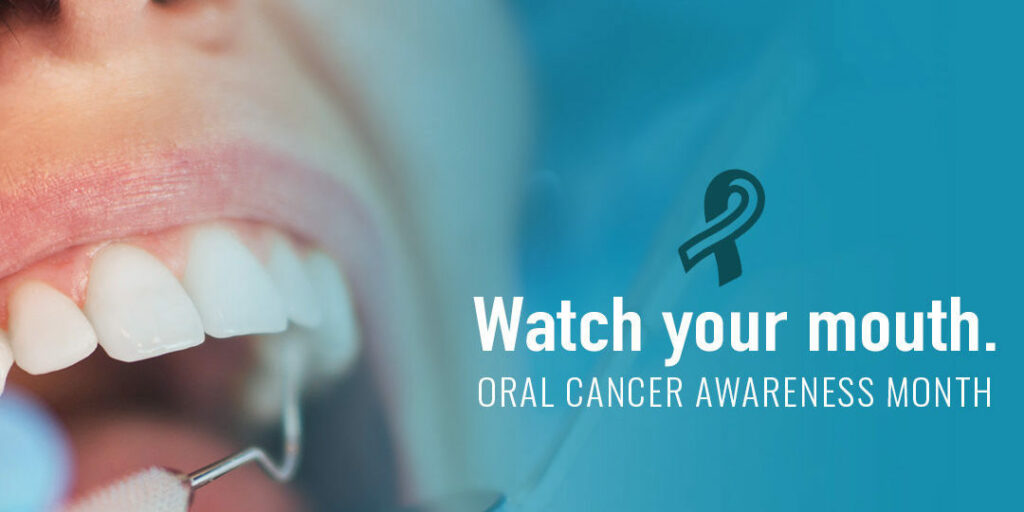
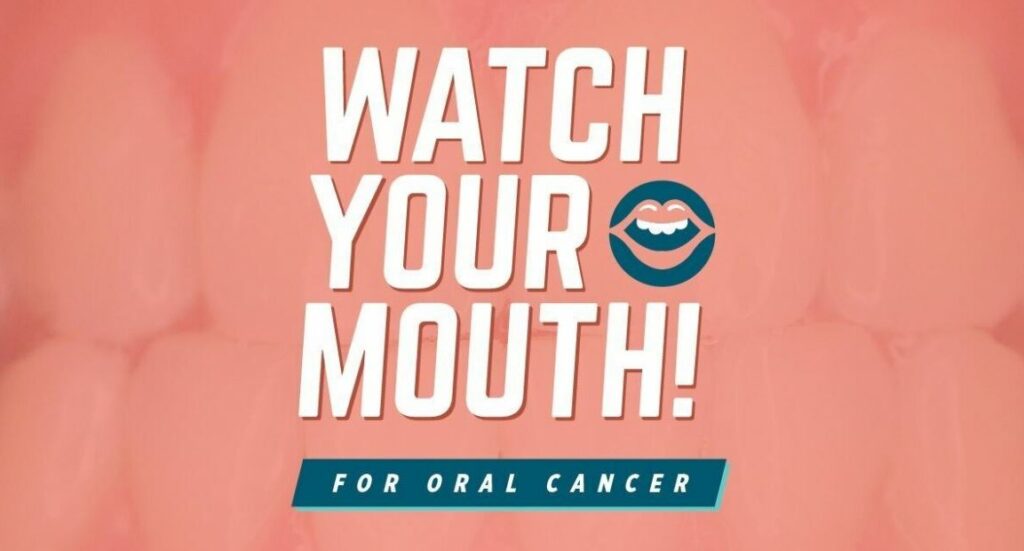
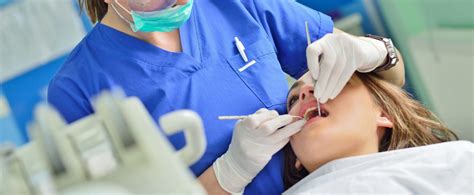
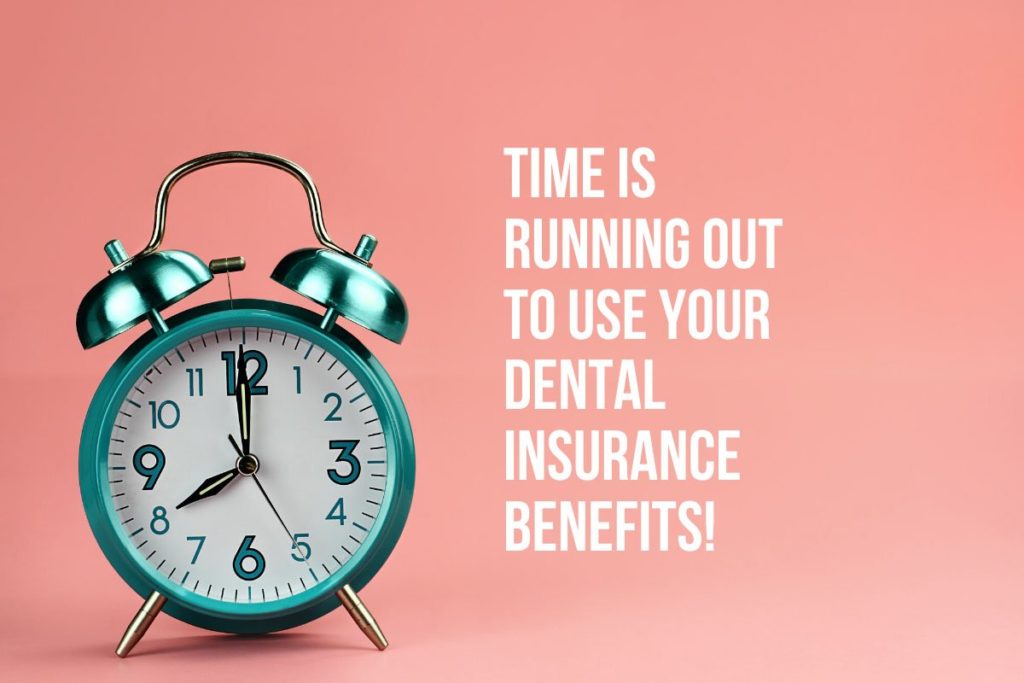
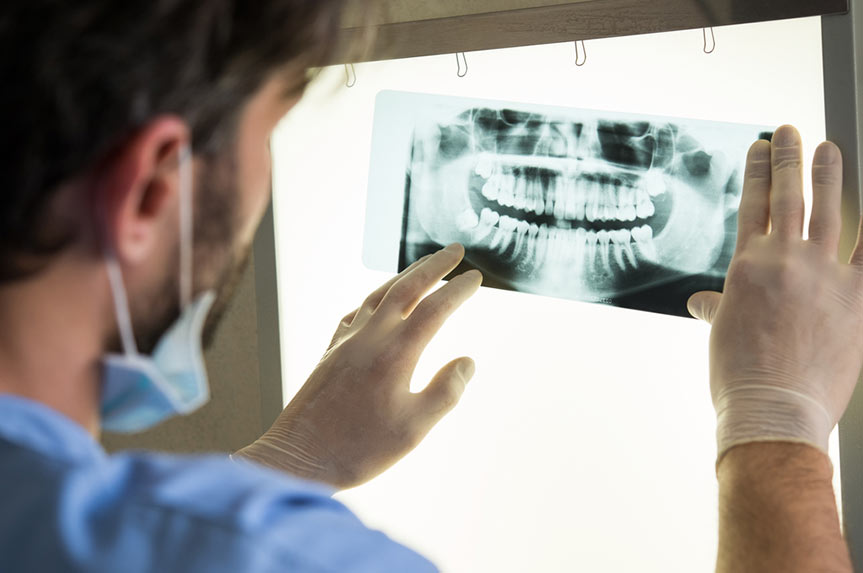
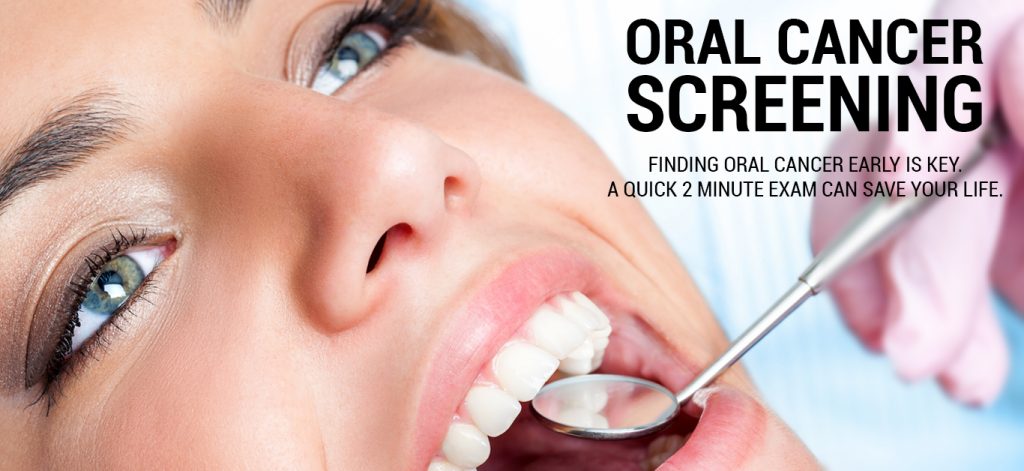
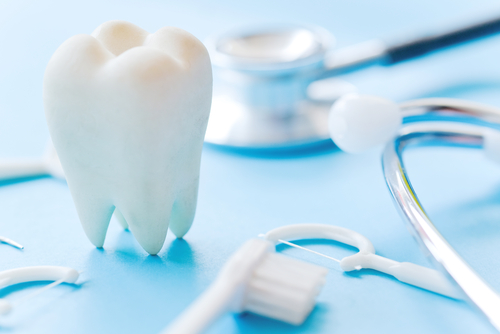
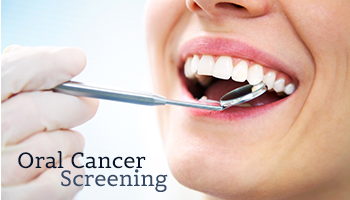
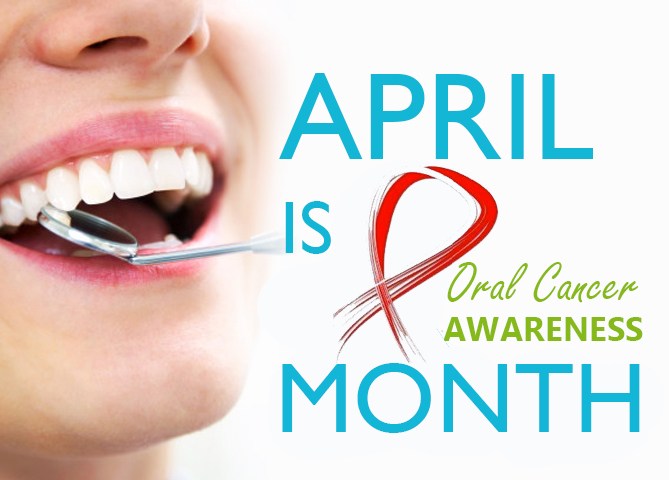 Don’t wait until April, Get Your Oral Cancer Screening Today!
Don’t wait until April, Get Your Oral Cancer Screening Today!

